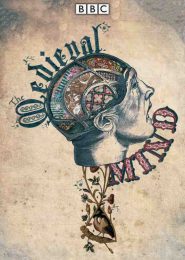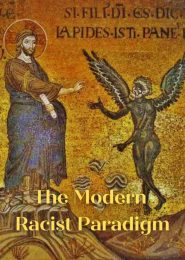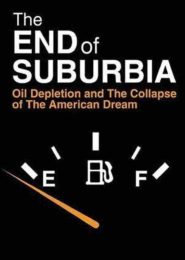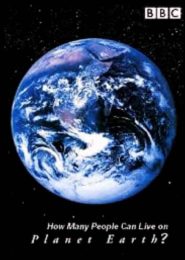The End of Poverty (2008)
The End of Poverty? directed by Philippe Diaz, takes a critical look at global poverty, tracing its roots back to colonization and economic policies that perpetuate inequality.
In the 21st century, the aphorism “The poor are always with us” remains tragically relevant. But why is poverty so widespread?
Activist filmmaker Philippe Diaz tackles this question head-on in The End of Poverty?, arguing that poverty is not an accident or mere bad luck. Instead, it’s a consequence of historical and systemic factors.
Diaz traces the origins of global poverty to the 15th-century colonization of the Americas by European powers.
This unequal relationship between the West and the rest of the world set the stage for persistent poverty.
Colonization involved plundering local communities, seizing land, and exploiting labor. The wealth extracted from colonies fueled Europe’s industrialization.
The film interviews economists, sociologists, and historians who shed light on how free-market economic policies perpetuate poverty. Powerful nations exploit poorer countries, keeping wealth concentrated in the hands of the few.
Wealthy nations disproportionately seize natural resources, exacerbating environmental and economic imbalances.
In conclusion, The End of Poverty? serves as a reminder that poverty is not inevitable, it’s a consequence of choices made by powerful nations. By understanding its roots, we can work toward a more equitable world.




